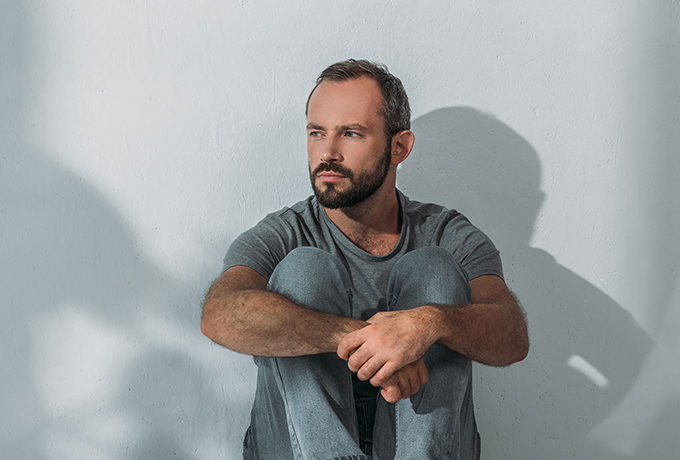Learn about suicide warning signs
A person who is thinking about suicide may give some clues or suicide signs to those around them that indicate they are distressed. These are often referred to as suicide warning signs. Suicide prevention starts with recognising these suicidal warning signs and taking them seriously.
Read more








